
Community/Retail



Examining Trends From Past Respiratory Virus Seasons Can Inform New Vaccination Strategies

Coffee Consumption May Reduce Depression Risk and Boost Mood, Offering Potential Benefits for Mental Health


Investigators determined a series of risk factors that can lead to complicated pneumococcal bacteremia, including older age and key comorbidities.


Pharmacists Can Incorporate the New Hypertension Guidelines Into Their Medication Therapy Management Practices
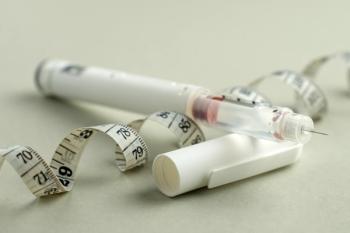
GLP-1 receptor agonists expand treatment options for diabetes, weight loss, and more, showing promise in heart failure, kidney disease, and neuroprotection.

Research funding disruptions at the National Institutes of Health (NIH) impact clinical trials, threatening treatment options for patients and highlighting the critical role of pharmacists in care continuity.
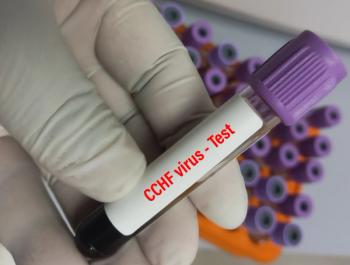
New vaccine developments for Crimean-Congo hemorrhagic fever offer hope for prevention, highlighting pharmacists' crucial role in future vaccination efforts.
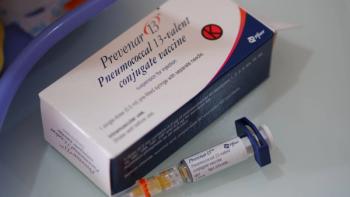
Post pandemic, invasive pneumococcal disease cases rise among youth due to declining vaccination rates, highlighting urgent public health concerns.

Tech-Check-Tech Improves Workflow and Allows Pharmacists to Focus on Clinical Responsibilities

New research reveals how age, lifestyle, and diabetes alter the gluteus maximus shape, highlighting sex-specific responses and metabolic health implications.
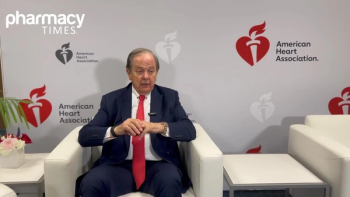
Discover how triple combination therapy for hypertension enhances cardiovascular health, as endorsed by the AHA and supported by pharmacists.

Explore the complexities of dietary supplement regulation, the importance of third-party testing, and how pharmacists can guide safe usage.
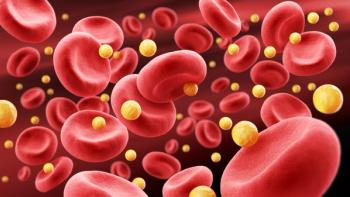
A more significant association with cardiovascular disease (CVD) was observed among individuals with diabetes compared with those without.

The FDA approves ruxolitinib cream for treating atopic dermatitis in children, offering hope for millions affected by this chronic skin condition.

An Illinois Court Ruling Underscores How Intent and Knowledge Factor Into False Claims Act Liability for Pharmacy Reimbursement Submissions

Discover the stages of migraines and explore innovative treatments like Symbravo, designed to alleviate pain and improve quality of life.
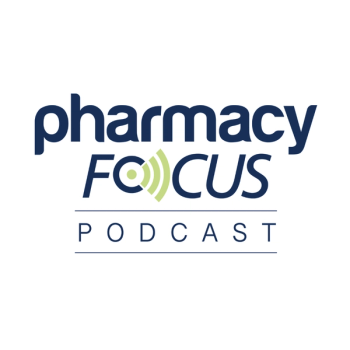
Headache specialist Shivang Joshi, MD, MPH, RPh, FAHS, explains how the dual-mechanism combination of meloxicam and rizatriptan fits into acute migraine treatment.

City-level COVID-19 vaccine mandates in the US have limited impact on vaccination rates and health outcomes.

Diana Isaacs, PharmD, discusses evolving perceptions of obesity, the expanding role of pharmacotherapy, and how pharmacists can drive access, counseling, and long-term metabolic health.
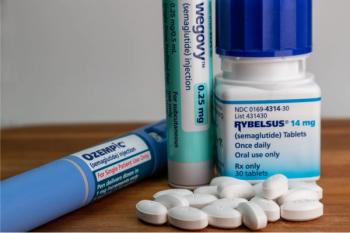
The 1-year extension period in trials will be discontinued based on the efficacy results observed in the overall study population, said Novo Nordisk.

A new study reveals fluoride in tap water enhances cognitive performance, debunking claims of its link to neurodevelopmental delays and lower IQ.
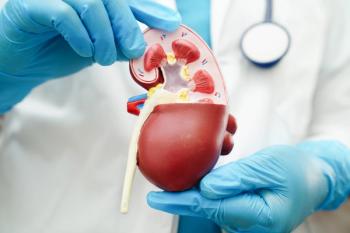
Data show the overall use of sodium-glucose cotransporter 2 (SGLT2) inhibitors among study participants with chronic kidney disease (CKD) was about 14.8%.

New studies reveal a modest, temporary increase in breast cancer risk linked to hormonal contraceptives, emphasizing the need for informed patient counseling.

Legislation aims to enhance health care access by allowing Medicare reimbursement for pharmacist services in rural areas, improving patient care and convenience.

Tools Like Robotic Dispensing Services, Pharmacogenomics, and Regulatory Changes Are Changing How Pharmacy Works

With Growing Patient Interest in Natural Remedies, Pharmacists Must Understand the Science, Safety, and Limitations of Essential Oils
